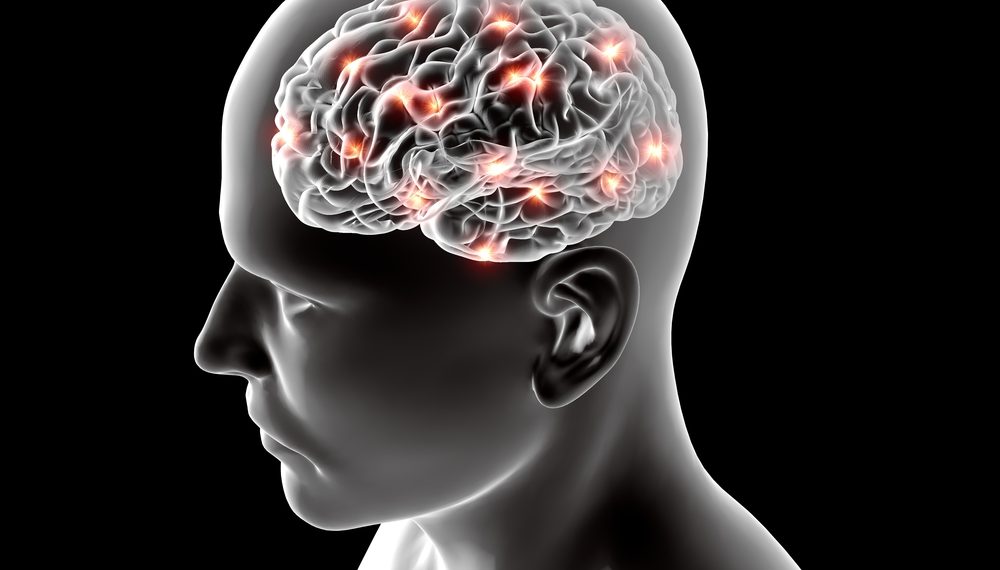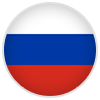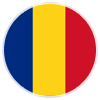A stroke, also called a cerebrovascular event (CVA), or a stroke, is a devastating medical event that takes the life of a person through action or inaction. No matter how minor the cause of death may be, it is devastating to families that lose a loved one due to a CVA. There are four different types of strokes: Ischemic stroke, which affect the artery in the brain; hemorrhagic stroke, which affect the walls of blood vessels near the brain; subarachnoid stroke, which affects blood vessels located deep within the skull; and ischemic neuro-spinal stroke, which are a result of a CVA that stops blood from flowing to important areas of the cerebral cortex. With any of these four types of stroke, there are four common symptoms that can be observed. These symptoms can be used to identify if someone may have suffered a stroke.
The most common symptom is difficulty swallowing. This symptom is seen in one side of the stroke patient's brain affected by the problem. In addition, one side of the body may be swollen, cold to the touch, or feel weak. It may be difficult for one side of the body to move, or for one side of the body to stand up.
Another symptom of a stroke is memory loss. Most people afflicted with a stroke do not lose all of their memory, but experience forgetfulness on one side of their brain. For example, if a person has a left sided CVA, they will tend to forget events from the past several months before the event occurred. Likewise, if a person has a right sided stroke, they will generally have forgetfulness of recent events prior to the stroke. A final symptom associated with stroke is speaking fluently, as well as being unable to understand what others are saying.


















Discussion about this post